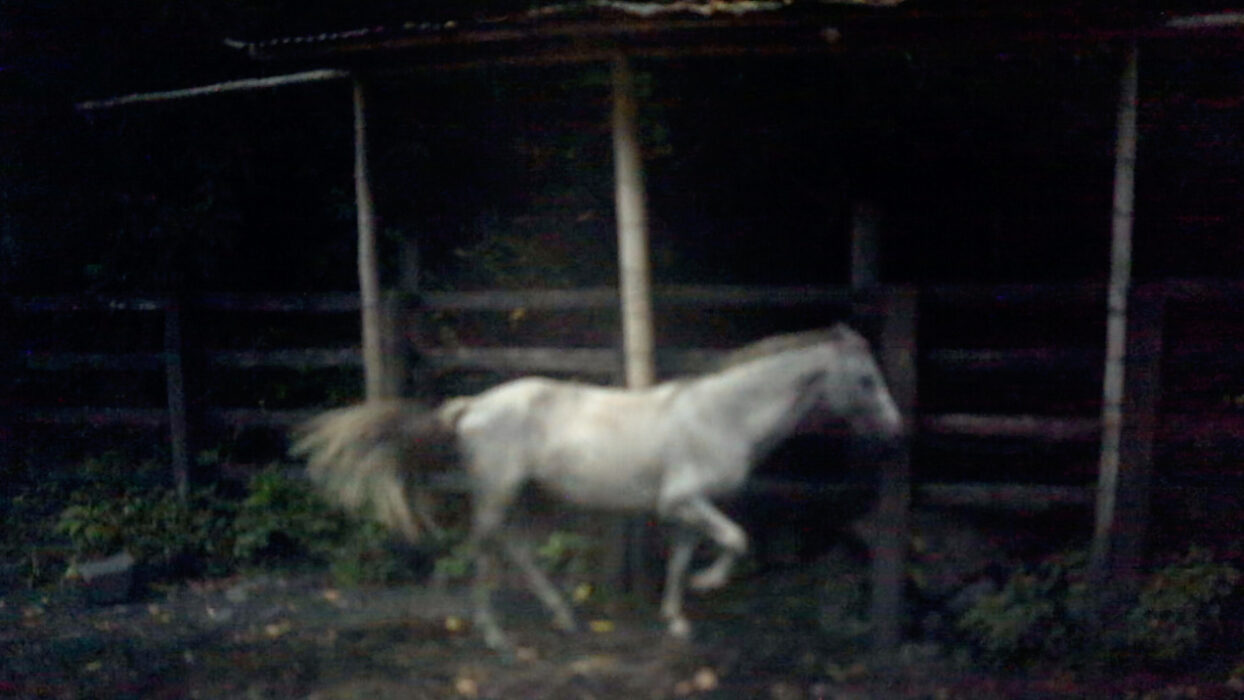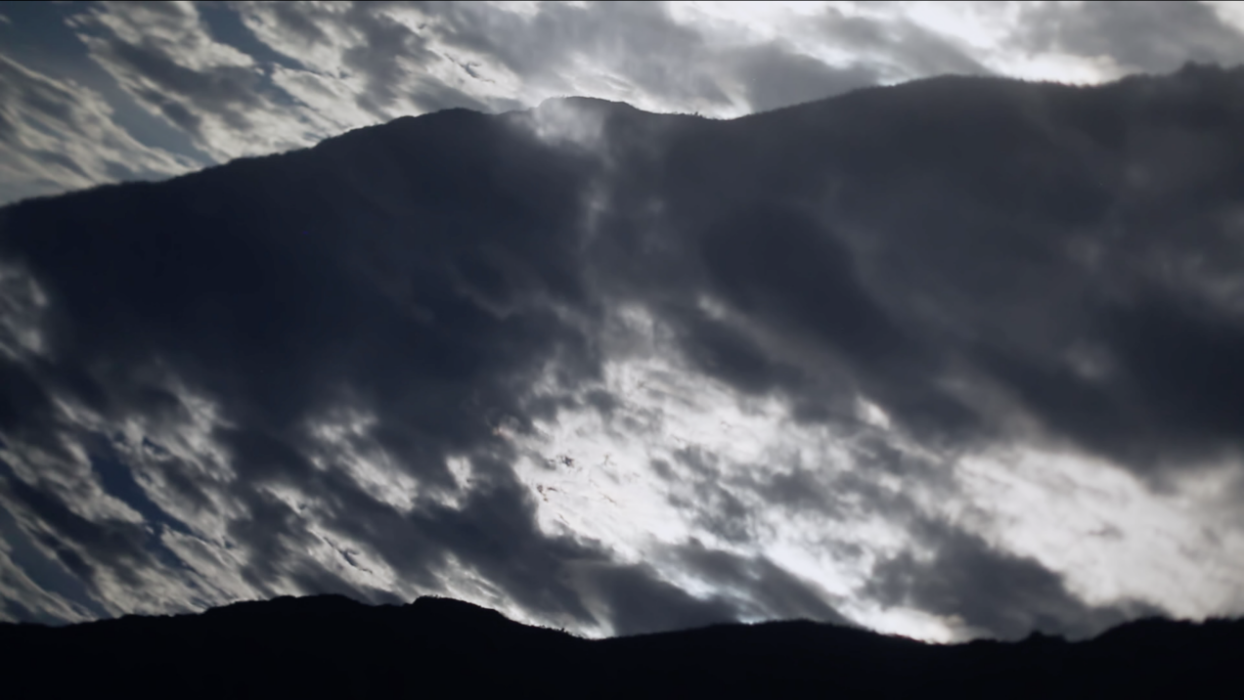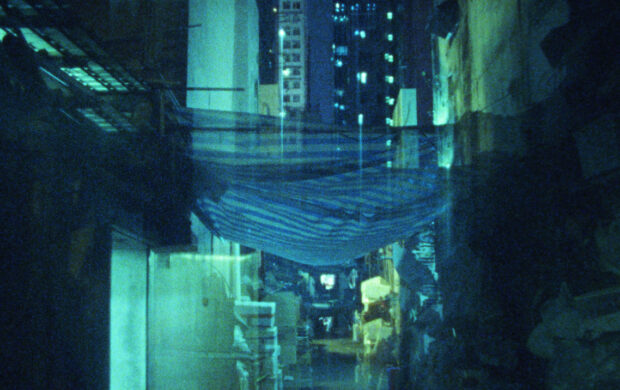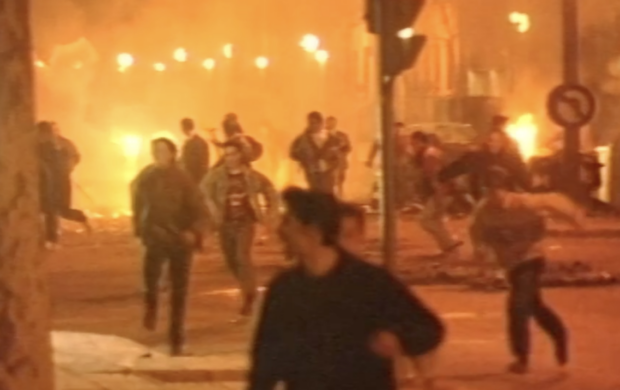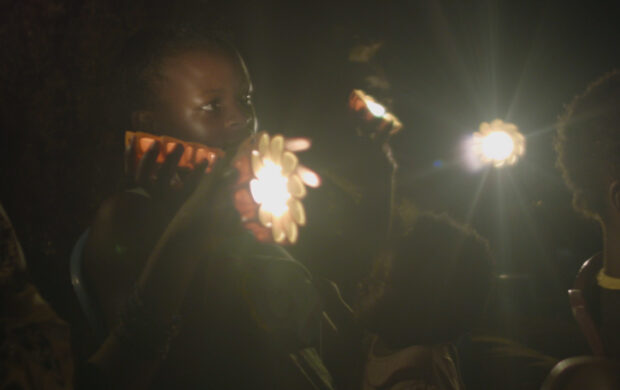Limbo
- 2019
- Colombia, United States
- 25 min
- Spanish
A oneiric journey through Alex’s life as a former FARC guerrilla leads to a reckoning with the devil inside of him. Alex tells his story of war and its legacy inside of a truck transformed into a camera obscura.
The anthropologist and documentary artist Alexander L. Fattal has imagined a congruent dispositif to gather testimony from former FARC members who have returned to civilian life. Limbo focuses on one of them named Alex. Travelling along Colombia’s mountain roads inside a truck transformed into a camera obscura, Fattal lets the ex-guerrilla recount how he joined the ranks of the revolutionary groups and how he got out. He speaks of his youth, his armed exploits and his oneiric visions, as the inverted images of the passing landscapes are projected into the truck’s cabin through a pinhole camera. The discomfort of the situation immediately evokes the group’s kidnappings, while its confessional, quasi psychanalytic aspect tends to reassign the positions of the executioners and the victims. But by establishing a situation which is at the same time impervious and porous to the outside world, the process produces deeper impressions that touch on the way cinema is received: in a state of being on the brink of sleep, a paradoxical state of wakefulness and somnolence, a loss of reality and a hallucinatory alertness. This could well be the situation of these guerrillas, who are suspended between their past life as resistance fighters and their new civilian life, and prone to the subconscious onslaught of potential reprisals. At any rate, it is certainly akin to the situation of a spectator whom each film seeks to free “from the grasp of the spectacle from within the spectacle itself” (Victor Burgin).
Antoine Thirion
- Production : Nicolas van Hemelryck (Casatarantula), Clare Weiskopf (Casatarantula), Alexander L. Fattal (Break the Frame Films)
- Photography : Julian Mejia Villa
- Sound : Juan Felipe Ferero
- Editing : David Rojas
- Music : Santiago Lozano
- Print contact : Marvin&Wayne, fest@marvinwayne.com
